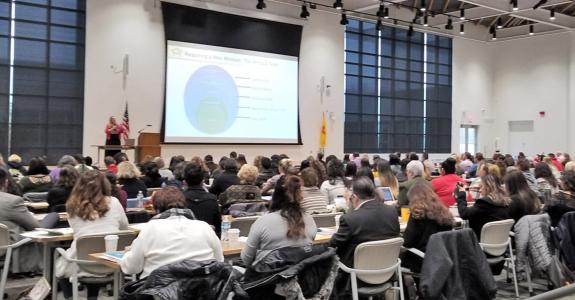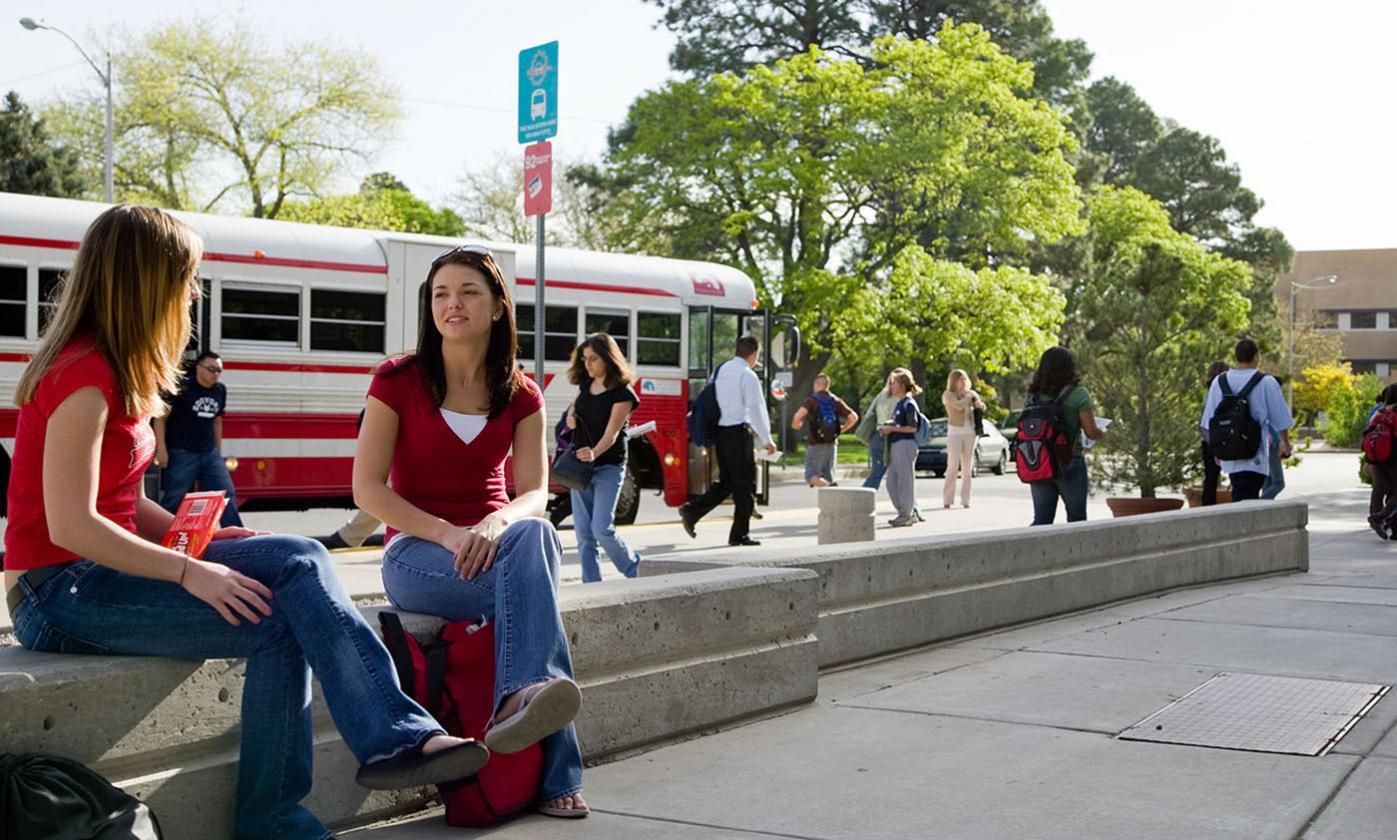Nov 14, 2021
Angelo Gonzales, United Way of Central New Mexico Chief Strategy Officer testified before the Legislative Education Study Committee (LESC) staff with Rep. Pat Ruiloba as an expert witness on chronic absenteeism and the lessons learned from our work in central New Mexico.
The presentation shared recommendations from Mission: Graduate’s High School Graduation Network concerning changes to the state’s compulsory school attendance law. The Network recommends that the state shift its approach to school attendance from a focus on truancy to a more supportive approach that uses chronic absenteeism as the key metric for tacking student attendance.
Chronic absence, or missing ten percent or more of the school year for any reason, is a research-informed definition that has been shown to be strongly linked to lower academic outcomes and lower graduation rates. This contrasts with “habitual truancy,” which is defined as the accumulation of ten or more unexcused absences during the course of a school year.
Angelo explained that good attendance lays the groundwork for building good habits that carry on through adulthood. Poor attendance is one of three early warning indicators that a student may drop out; the other two are behavior and course completion.
Mission: Graduate’s focus on attendance includes:
- The development of attendance guides by local experts used to initiate conversations between education professionals and parents.
- Providing support in the development of school-based attendance teams.
- Hosting conferences and professional development for attendance teams.
Ruiloba also shared his updated bill, originally carried during the 2018 legislative session, which now includes many of Mission: Graduate’s recommendations. Among the additions are a new approach to identifying students who are at risk of becoming chronically absent, as well as those who are already chronically absent, in order to develop more targeted prevention and intervention strategies to keep students on track.
The presentation was well received by members of the LESC. Chair Sen. Mimi Stewart specifically talked about her personal experience with community schools in Albuquerque and discussed the importance of community schools as a key strategy in lowering chronic absence rates. Community schools also emerged as a key recommendation from the High School Graduation Network.



.png)














